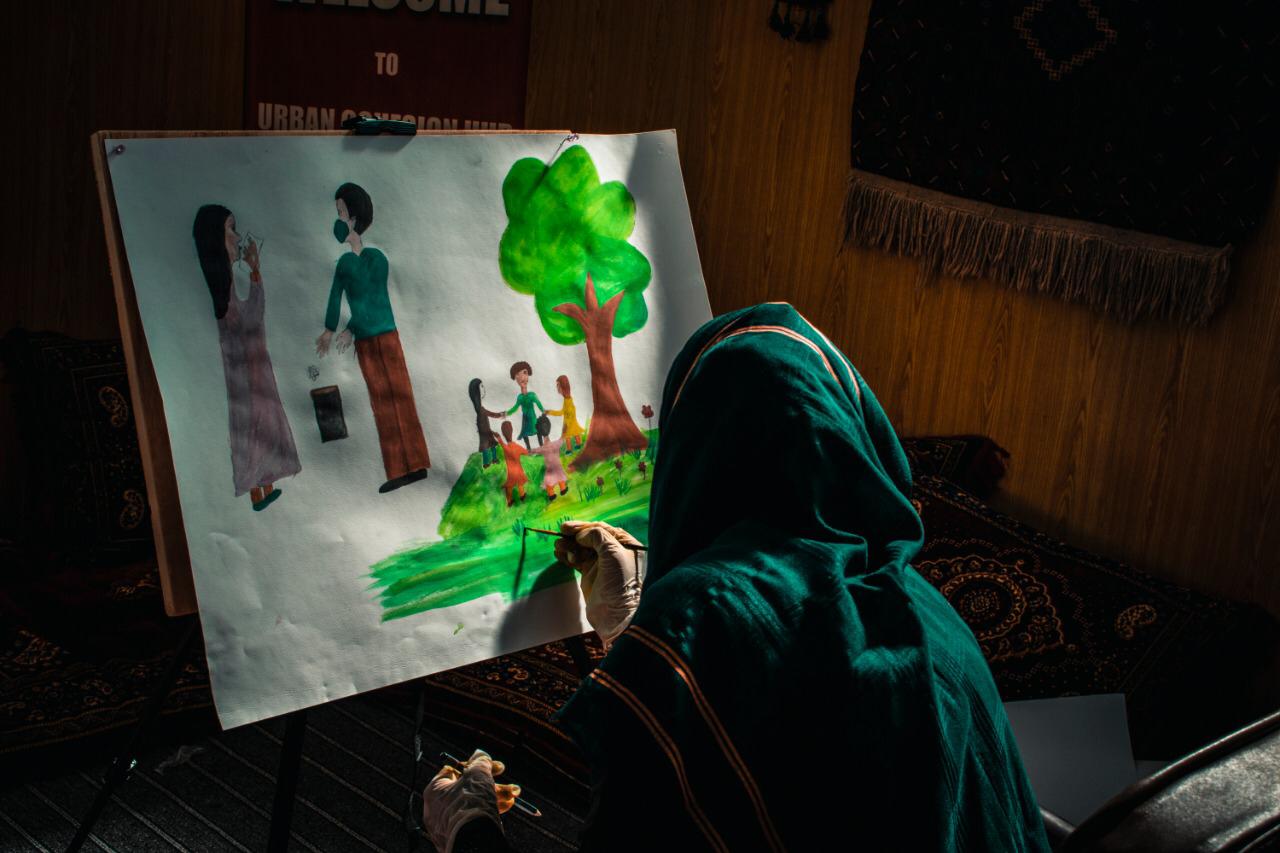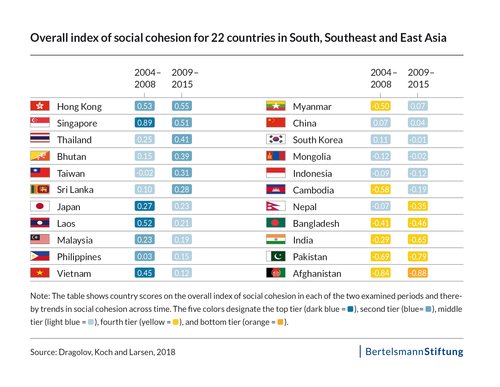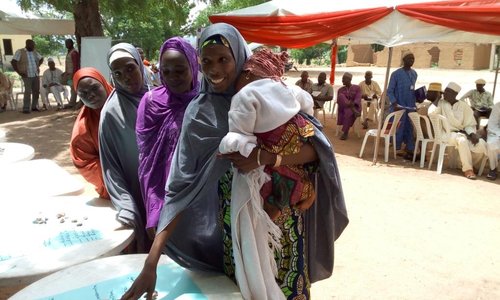Refugee Management Support Programme
Key facts
WASH
Culture and recreation
Flight & migration
Youth

Overview
The overall objective of the "Refugee Management Support Programme" (RMSP) is to support the Ministry of States and Frontier Regions (SAFRON) on a national and particularly local level in managing refugee-related matters and in ensuring peaceful coexistence between Afghan refugees and host communities. RMSP focuses on the province of Baluchistan, a region that borders Afghanistan and is host to approximately 23% of the 1.4 million registered Afghan refugees in Pakistan (Source: UNHCR Pakistan - Afghan Refugee Update Oct. 2020). In line with the comprehensive regional response framework, the Solution Strategy for Afghan Refugees (SSAR), RMSP's activities contribute to building Afghan refugee capital in the host country to enable sustainable reintegration upon a voluntary repatriation and provide enhanced support for host communities, preserving protection space. Approximately 69% of Afghan refugees live outside refugee villages alongside host communities in peri-/urban areas. Both groups avail the same scarce resources and stretched public services, which may lead to tensions, while a lack of social encounters partially accounts for a trust deficit. Overlaps in language, religion, and cultural traditions are perceived as social connectors among the two groups.
Fostering social cohesion is key – focus on:
- Strengthening social relations
- Connectedness
- Focus on the common good
Approach to Strengthening Social Cohesion
Two out of RMSP’s four intervention areas directly focus on social cohesion and peaceful coexistence, with the following activities:
- Integrated Water Resource Management (IWRM) to address the issue of water scarcity and its direct impact on destabilising livelihoods
- Youth engagement in community projects, cross-cultural exchange, sports and arts activities
- Rehabilitation of a school for children with special needs attended by both communities
- Stabilisation of livelihoods for marginalised women through drying fruits and backyard farming
- Urban Cohesion Hubs (UCHs) provide social services and a space for community encounters
- Community Initiative Funds (CIFs) support projects proposed by the community
- Close communication with communities through
- Outreach Volunteers
Achievements and Impacts
- 90% of the households in the villages where IWRM measures were implemented now fulfill their domestic water needs through 50 rehabilitated traditional irrigation channels (karez).
- 33 Youth Action Projects were implemented to respond to social service needs of both Afghan refugee and host communities.
- 100 youth, including 30 females, and 33 refugees were trained to be advocates for social cohesion.
- “This was the first time I got a chance to interact with people from multiple ethnicities. We all left with new friendships.”
- The UCH provides IT, literacy, English classes, a safe space for garbage collecting children, health sessions, legal referrals, and psycho-social support.
- The first CIF initiative responded to the impact of COVID-19: a food package distribution for 100 vulnerable Afghan refugee families, to complement the Government’s support to host communities.
Lessons Learnt and Recommendations
- Do not reinvent the wheel – RMSP adapted approaches from GIZ Turkey to the Pakistan context when designing the Urban Cohesion Hubs.
- Do no harm – coordinate and consult with the Government counterpart, UNHCR, and communities so everyone is on the same page.
- Flexibility is key – interventions in fragile contexts should be adaptable, as the situation changes e.g. COVID-19 pandemic
- Patience is a virtue – social cohesion happens gradually; it requires mid- to long-term interventions
How we measure
Qualitative methods
- Baseline and end-line perception surveys
- Focus group discussions and key informant interviews with community leaders and members
Quantitative methods
- A Management Information System developed for the project to track progress, with data segregated by gender, status (refugee / host), and services availed
Routine monitoring
- Staff conducts on-site visits e.g. at the UCH, and monitors progress through observation and direct exchange with beneficiaries
Recommendations
- Rapid Needs Assessments at the beginning are helpful to gauge perceptions and support in tailoring the focus of interventions
- Allocate dedicated resources for M&E


Explore the hub further



